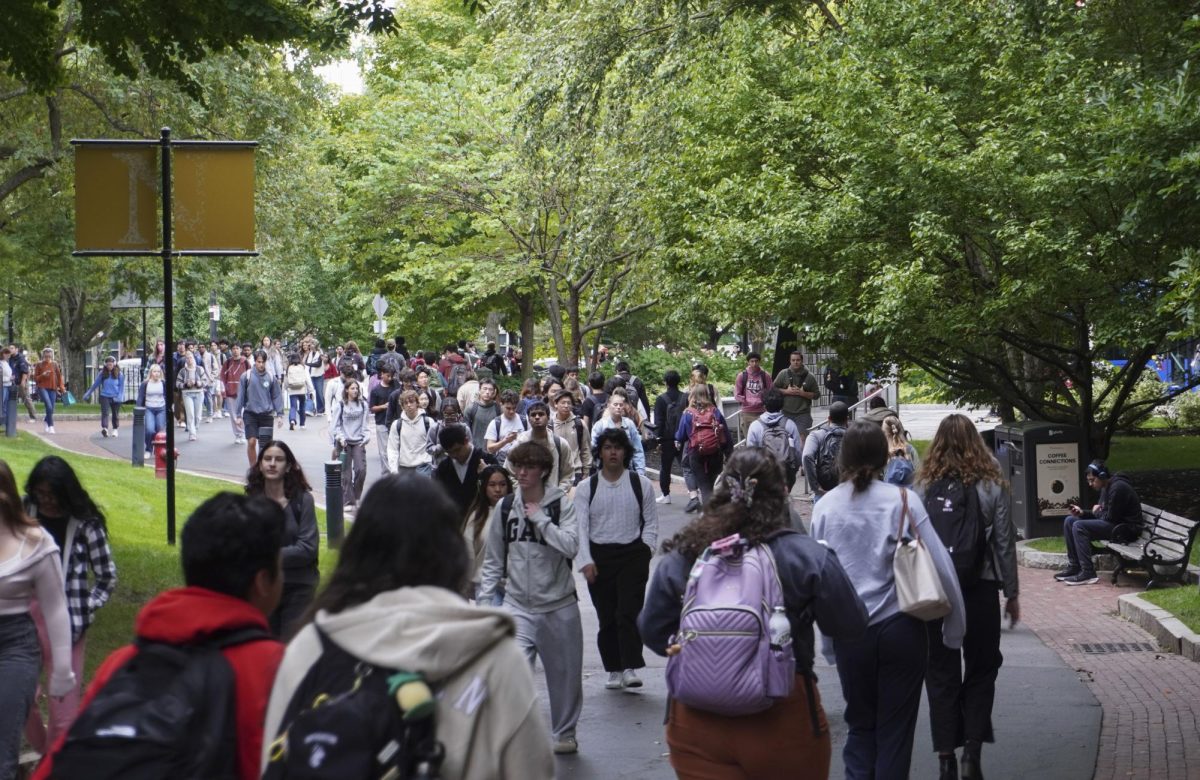By Michele Richinick
Northeastern is catching on to the trend of police department accreditation, which is spreading throughout the country, according to Jim Ferrier, associate director of Public Safety.
Ferrier said the movement to accredit law enforcement began in the United States more than 20 years ago. At that time, accreditation had been a common practice for high schools, colleges and hospitals as a voluntary way to help agencies ensure these places were doing their duties correctly.
“The main point of the [accreditation] program is to establish a base to compare ourselves with other agencies by meeting the standards and by being provided with the norm to judge our performance,” said D. Joseph Griffin, director of Public Safety. “For years the office has been working very hard to create a safe environment, and that is something that we have been consistent at. Working at accreditation is a stamp of approval that we are doing things professionally.”
An accreditation can be a voluntary program, but as more and more departments pursue accreditation, it will continue to grow.
The first level of the Massachusetts Commission accreditation is certification, which Northeastern met in 2004 by passing 150 standards. That certification was good for 3 years, so in 2007 Northeastern was re-certified. In the meantime, Northeastern has started to progress toward the second level: accreditation. The police department had the site visit in November 2007, and the final report of the hopeful accreditation will be presented in February 2008, Ferrier said.
“Defense attorneys and others who criticize police departments will be less likely to find faults once they know a department is accredited,” Ferrier said.
A potential accredited university police department remains a positive, comforting aspect for current and speculating students.
“As a student it is important to feel safe, and if Northeastern is accredited then we are in the higher level of police departments,” said Brendan Slean, a freshman journalism major.
The benefits of a department’s accreditation go beyond its self-assurance, said John Leonard, the accreditation coordinator for The International Association of Campus Law Enforcement Administrators (IACLEA).
“Accreditation provides the level of confidence to the community that is being served and, most importantly, to the students, their families, faculty, staff and administration of the institution,” Leonard said. “Any serious student wouldn’t go to a college or university that wasn’t accredited because they would think twice about going to a non-accredited hospital. Standards don’t dictate how something is done.









